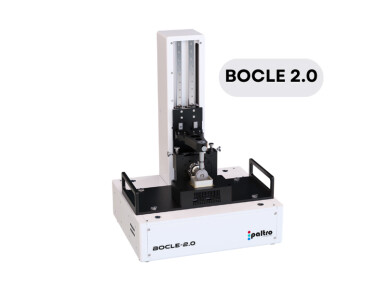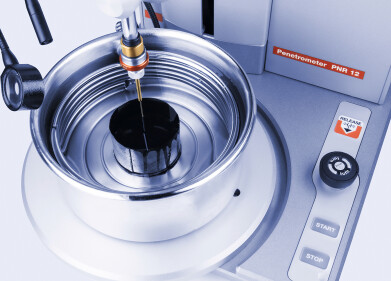Measurement and testing
How Does Testing Improve Lithium Ion Batteries?
Sep 30 2022
Scientists and engineers are continually exploring new ways to improve lithium ion batteries. Unsurprisingly, performance is usually front of mind. A recent study published in the journal Nano Research explores the use of chemical additives to improve the stability of high-density lithium ion batteries. The research was spearheaded by students at Tsinghua University in China and prompted by an increase in demand for high-density batteries and the escalating need to reduce carbon emissions and embrace renewable energy.
“As our need for high-density batteries increases with widespread adoption of electric cars and alternative energy sources, improving the stability and capacity of lithium-ion batteries is a necessity,” reads the study.
Boosting stability and performance
Existing lithium ion batteries often rely on nickel cathodes, which are unstable when exposed to extreme temperatures. This can increase the risk of overheating and accelerate deterioration. To address the issue, the researchers explored the use of different chemical combinations to improve stability and performance. They combined a solvent called sulfolane with an inorganic compound called lithium perchlorate to stabilise the electrolyte.
“For nickel-based cathodes, good low-temperature electrochemical performance is usually achieved at the expense of property and safety at room temperatures,” says Fang Lian, a professor at the University of Science and Technology in Beijing. “This is because electrolytes with low melting solvents deteriorate dramatically. The high volatility and flammability of these electrolytes also limit their application at high temperatures.”
Results suggest the use of sulfolane and lithium perchlorate significantly improves stability of high-density lithium ion batteries. Lian explains the pair work to improve lithium ion transference and simultaneously protect the electrolyte and cathode from deterioration caused by high temperatures.
“Our work provides a comprehensive understanding of the molecular design of the electrolyte, facilitating the development of high energy density lithium batteries,” adds Lian.
Controlling dendrite crystal growth
A similar study was published in the international journal ACS Nano and introduces the benefits of a “one-dimensional porous lithium-confinable host”. The study addresses the formation of dendrite crystals, which can increase the volume of the electrode, reduce the battery’s life cycle and short circuit the cell. This not only affects performance but increases the risk of self-combustion.
Working from the Korea Electrotechnology Research Institute (KERI), the team developed a one-dimensional carbon structure built around a hollow core filled with gold nanoparticles. These nanoparticles react with lithium to control the growth of dendrite crystals and ensure deposits only accumulate inside the core, not elsewhere in the cell.
“Despite the merit of high capacity, the Li-metal batteries have many hurdles to be overcome for commercialisation mainly due to stability and safety issues," says Dr. Byung Gon Kim, co-author of the study. “Our study is invaluable in that we developed a technique for mass production of Li-metal reservoir with high coulombic efficiency for fast-rechargeable Li-metal batteries.”
The next generation of lithium ion batteries
Want to know more about the advanced techniques used to test and improve lithium ion batteries? We introduce some of the latest analytical methods, including Thermogravimetric Analysis (TGA) to assess thermal stability and Gas Chromatography Mass Spectrometry (GC/MS) to identify and quantify carbonates in electrolytic solutions, in our in-depth guide, ‘Lithium Ion Batteries: Types, Testing & Uses’.
Digital Edition
PIN 25.6 Buyers' Guide
January 2025
Buyers' Guide Directory - Product Listings by Category - Suppliers Listings (A-Z) Articles Analytical Instrumentation - ASTM D7042: The Quantum Leap in Viscosity Testing Technology -...
View all digital editions
Events
Jan 25 2025 San Diego, CA, USA
SPE Hydraulic Fracturing Technology Conference and Exhibition
Feb 04 2025 The Woodlands, TX, USA
Feb 05 2025 Guangzhou, China
Trinidad and Tobago Energy Conference 2025
Feb 10 2025 Point Lisas, Trinidad
Feb 11 2025 Lagos, Nigeria



















